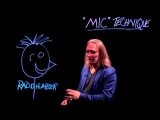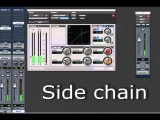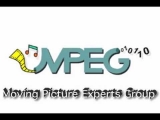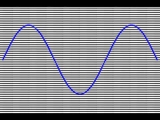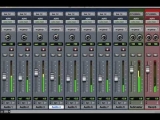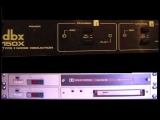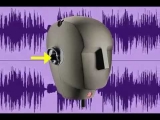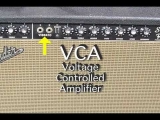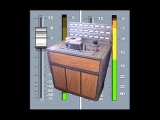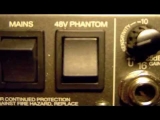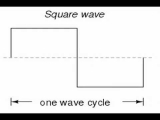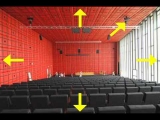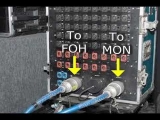Checker Boarding
Checker Boarding
Checker boarding is a technique used when sound (usually dialog) is edited for a video production. It works like this. On the first edit, if the dialog had been mixed in the field, it would be placed on one track. If there were multiple mics recorded, like booms and separate lavs, the dialog would be placed on as many tracks as needed. On the next video edit, a different single track, in the case of mixed dialog, or a different group of tracks would be used. The dialog for the third edit would be back on the same track or tracks as the first edit, and the dialog for the fourth edit would be on the same track or tracks as the second. The checkerboard pattern, created by placing every other edit on a track or group of tracks, gives this technique the name “checker boarding”.Often “handles” are also present on both the in and out of each dialog track. Handles are the audio that precedes and follows the audio for that segment. Having the overlapping audio from the handles can also make it possible to adjust the timing of the audio edits, since the video and audio might not always switch at the same addition to the dialog tracks, checker boarding can also be done with sound effects and music tracks.
